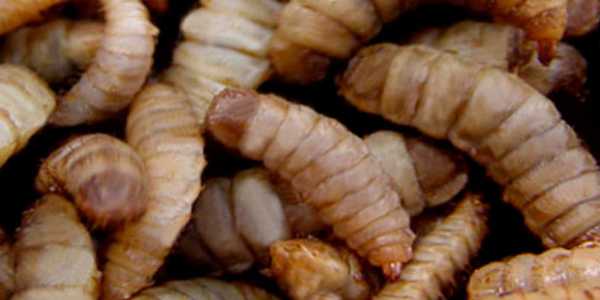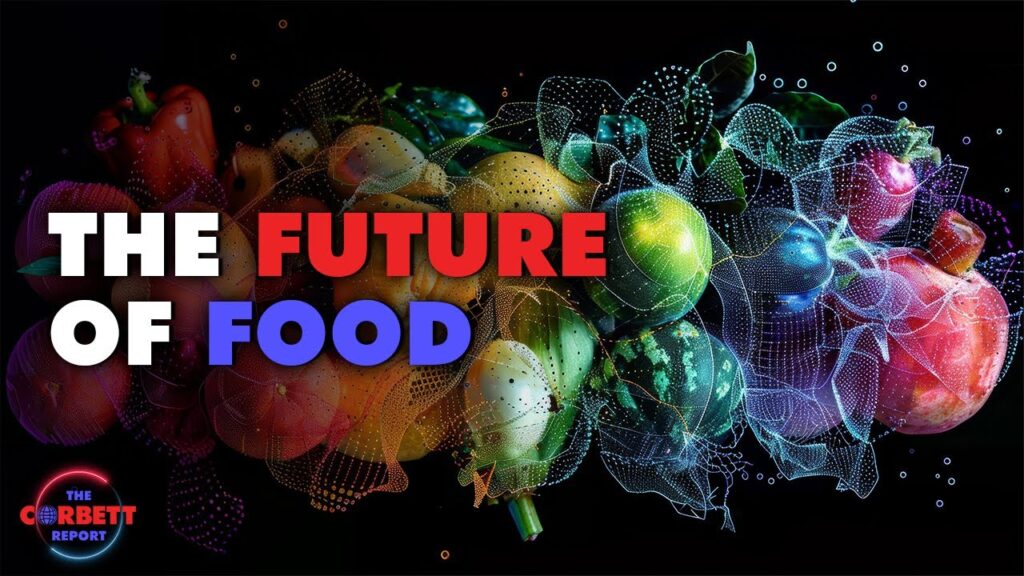A French Tech star faces receivership

Ynsect, a French start-up created in 2011 and once celebrated as a flagship of French Tech, was placed in receivership in March 25. Its business: insect breeding and the production of insect-based proteins and fertilisers (mealworms, etc).
A promising ambition
Ynsect quickly established itself as a pioneer in a sector presented as a sustainable solution for meeting the growing need for animal and human food, while reducing the ecological footprint. The company has raised around $600 million since its creation. In 2021, it inaugurated its Ynfarm plant in Poulainville, billed as “the world’s largest vertical farm”, with the ambition of revolutionising the agri-food industry.
A descent into hell
Despite a promising start, Ynsect has experienced increasing difficulties. The challenges encountered are manifold. Firstly, the production cost of insect proteins proved to be higher than that of traditional animal proteins, making the business model difficult to compete with. Secondly, the company suffered from substantial debts, estimated at 130 million euros.
What’s more, the insect protein market is struggling to gain a foothold, not least because of low consumer acceptance. As some of the posts on X show, consumers don’t want them, just like synthetic meat.
The risk of liquidation remains, and the court will have to decide on 16 June.
Ynsect is not an isolated case
Agronutris, another start-up specialising in breeding black soldier flies for flour and oil used in animal feed, is also in difficulty. The sector is struggling to attract financing because of high production costs and (still) limited demand. The company has been placed under safeguard procedure.

What about the others?
Innovafeed, leader in the breeding of black soldier flies to produce proteins and oils for aquaculture, pet food and fertilisers. Their ambition is to open 20 sites by 2030.

nextProtein focuses on the bioconversion of black soldier flies to produce proteins, oils and fertilisers for aquaculture, poultry feed, pigs and pets.
Jimini’s is the only French company authorised to market insect-based products for human consumption, thanks to an exclusive five-year licence obtained in 2021. It uses Ynsect protein powder (mealworms) to produce protein bars, pasta and snacks. Jimini’s is focusing on the human food niche, but cultural reticence in France is holding back its development, and the market remains small.

Minus Farm is a micro-farm specialising in the breeding of edible insects, particularly for artisanal products. It offers whole insects and processed products for human consumption. It focuses on educating consumers to overcome cultural barriers.

Risks for human consumption
Although the products are intended for animal feed, their inclusion in the food chain (e.g. fish fed with these meals) could pose indirect risks for humans:
. Here is a concise summary of the main risks, based on available data:
1. Allergic risks
- Allergens similar to crustaceans: Insects, such as locusts or mealworms, share proteins (tropomyosin, arginine kinase) with crustaceans, which can trigger allergic reactions in sensitive individuals. A 2018 study (Journal of Food Science) estimates that 6 to 8% of consumers allergic to shellfish could react to insects.
- Symptoms: Urticaria, oedema, or anaphylactic shock in severe cases.
2. Microbial contamination
- Bacteria and pathogens: Insects can carry bacteria such as Salmonella or E. coli if farming or processing does not comply with strict hygiene standards. An EFSA analysis (2015) points out that farming conditions (humidity, density) encourage microbial proliferation.
- Mycotoxins: Insects fed contaminated substrates (agricultural waste) can accumulate fungal toxins.
3. Chemical contaminants
- Pesticides and heavy metals: Insects can bioaccumulate pollutants present in their environment or food. A 2020 study (Food Chemistry) detected traces of cadmium and lead in certain samples of edible insects.
- Antibiotic residues: Used in some livestock farms to prevent disease, they can pose a risk to human health.
4. Transformation risks
- Poor preparation: Insufficient cooking can leave pathogens active. Raw or poorly preserved insects are particularly vulnerable to contamination.
- Quality control:The company’s financial difficulties could also compromise investment in rigorous quality control.
- Additives: Insect-based products (protein bars, flours) may contain additives or preservatives that are poorly tolerated by some consumers.
5. Acceptance and psychosomatic risks
- Cultural reticence: In Europe, eating insects is often met with disgust, which can lead to psychosomatic reactions (nausea, vomiting) unrelated to biological causes.
- Lack of long-term data: As entomophagy is not widely practised in the West, the long-term effects of regular consumption remain largely unexplored.
Precautions and regulations
- Strict standards: In Europe, EFSA and the Novel Food Regulation (2018) impose rigorous controls for edible insects, reducing risks when they are complied with.
- Recommendations: Consume insects from certified farms, cooked thoroughly, and avoid if allergic to shellfish. The health authorities advise limiting consumption until more data is available.
Conclusion
Eating insects can be safe if hygiene and production standards are respected, but allergic, microbial and chemical risks do exist, especially in a market that is still immature. To minimise these risks, it is crucial to favour traceable and certified products, while taking individual sensitivities into account.
And the fake cheese hasn’t found its audience either

Five years after acquiring it, the Bel group is to cease trading in its All in Foods subsidiary, dedicated to its range of vegetable cheese substitutes sold under the Nurishh brand, leading to the closure of the Saint-Nazaire plant.
The reluctance of French consumers is limiting the adoption of these new sectors. A good thing perhaps?





